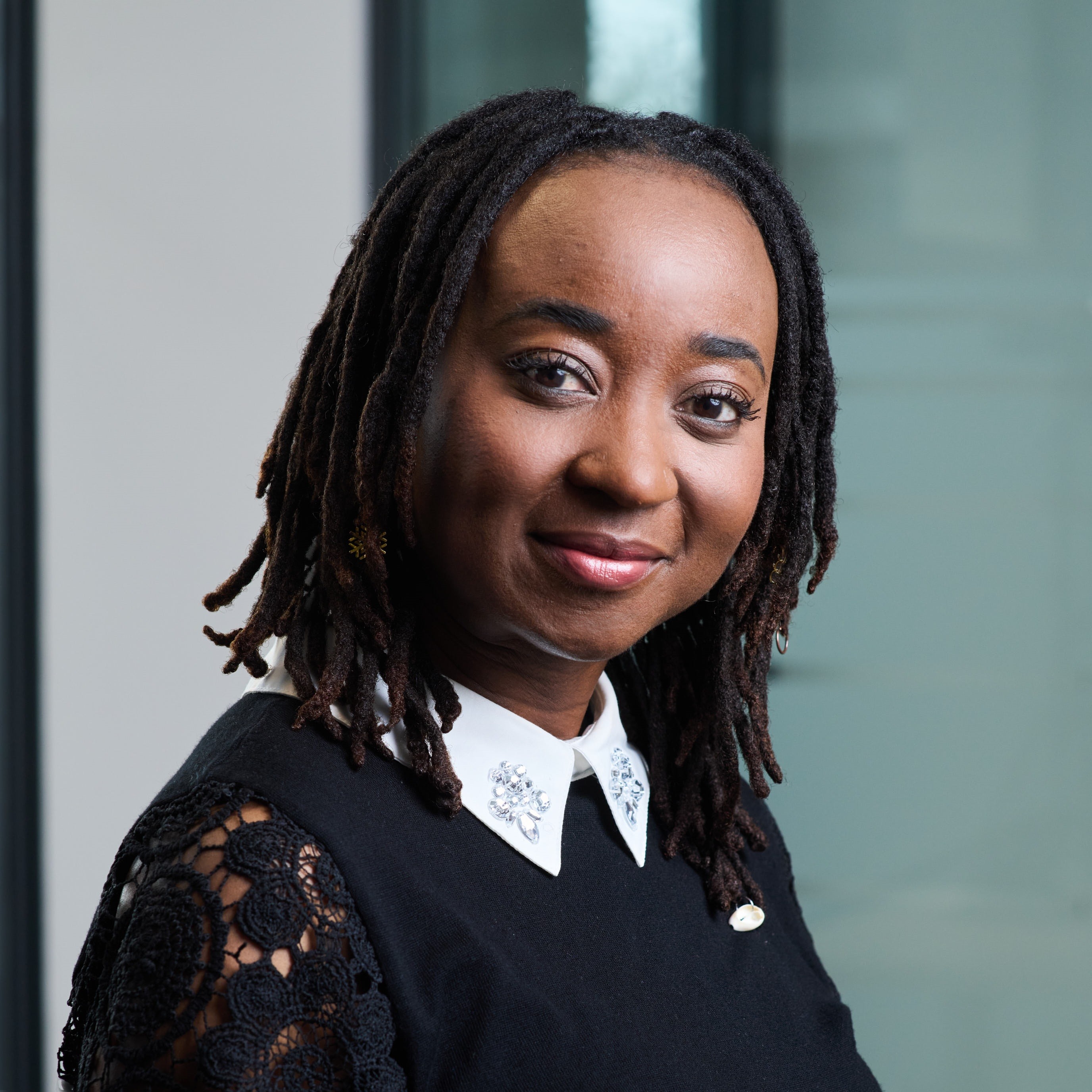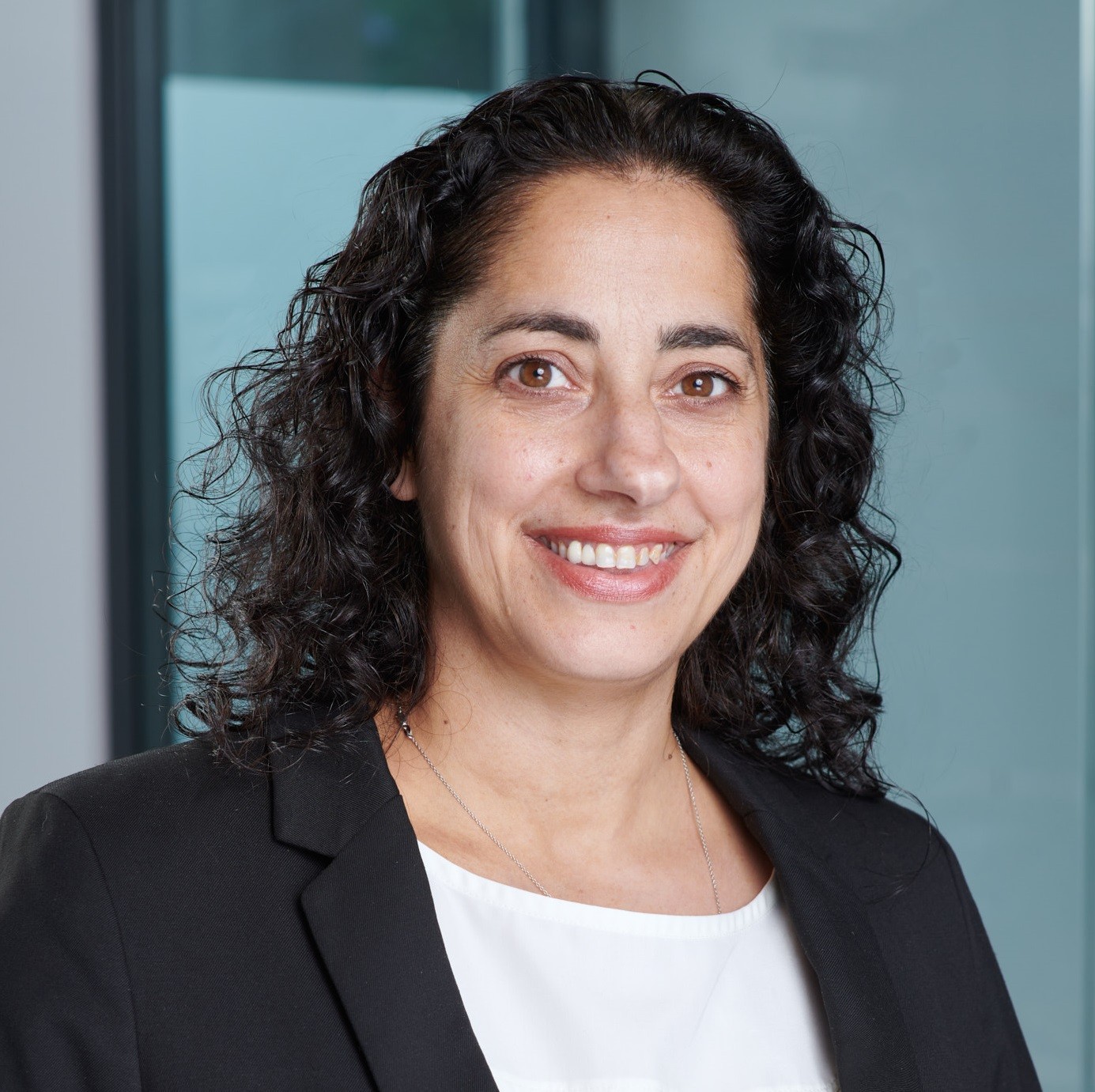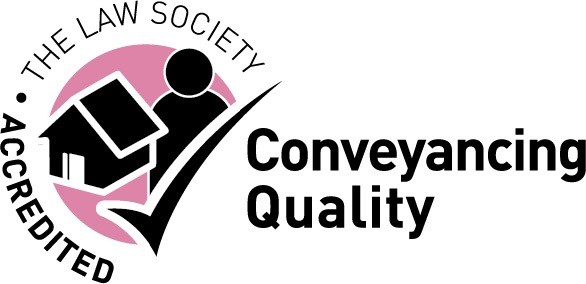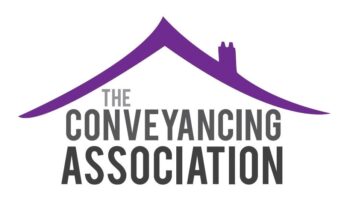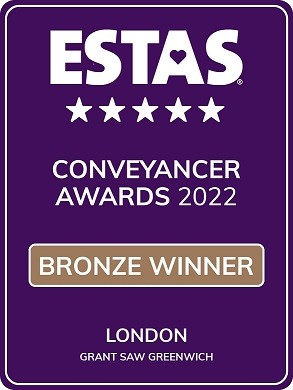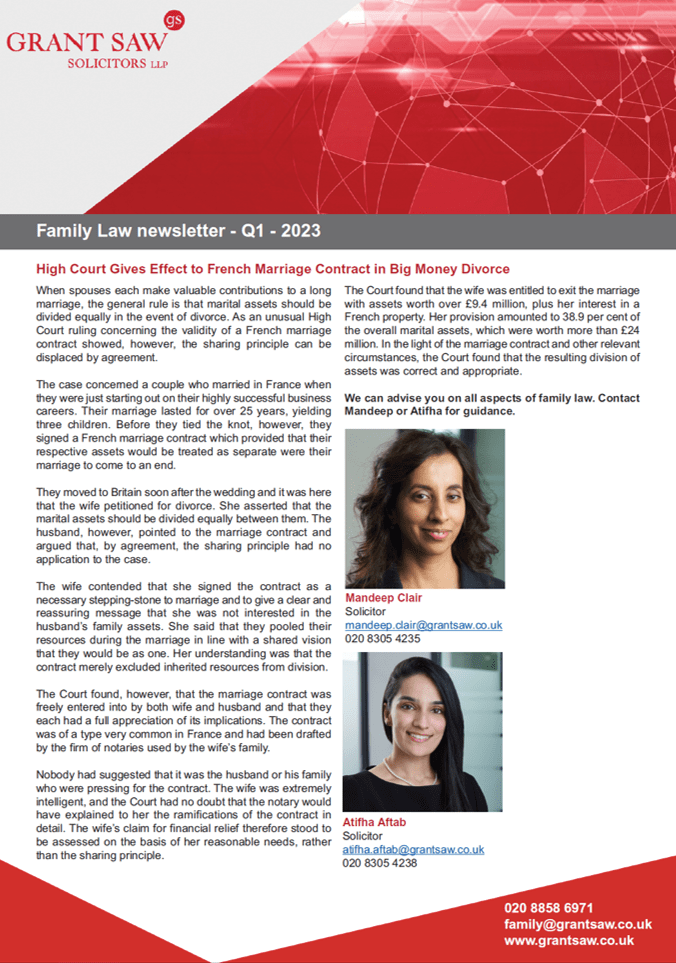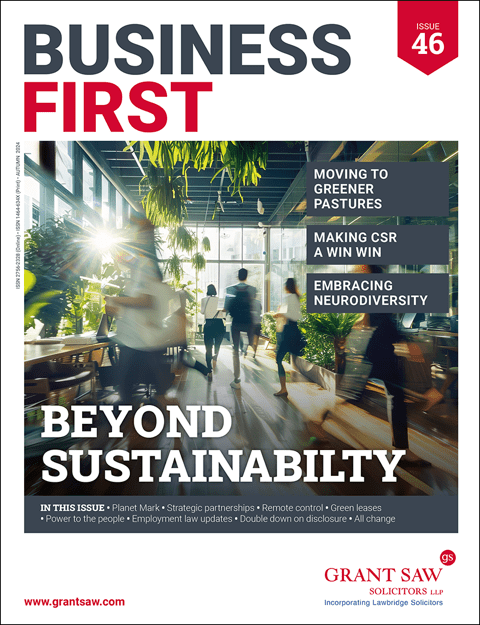The benefits of extending the lease
By extending the lease, the flat owner can help protect the value of the property. Having an extended lease makes the property easier to sell. A flat with a short lease can be more difficult to re-mortgage, so a lease extension would resolve this as well.
A premium (price) is normally has to be paid to the landlord for a lease extension. When the unexpired term of a lease is 80 years or less the premium will include “marriage value”, which can increase the premium significantly. So it is worthwhile to extend the lease before there are 80 years or less to left to run.
If the lease has less than 80 years to run it is still usually better to extend the lease sooner rather than later, to reduce the impact on the premium to be paid.
Entitlement to lease extension
A lessee who has owned the flat for at least 2 years is normally entitled to demand from the landlord a 90 year extension of the term of the existing lease, using the statutory lease extension process under the Leasehold Reform, Housing and Urban Development Act 1993. This would be a new lease for an extended term but is referred to as a lease extension. A lessee who does not live at the flat, but who has owned the flat for at least 2 years, is still entitled to a statutory lease extension. The yearly ground rent which is payable under an extended lease is a peppercorn, so that in practice no ground rent is payable. Lessees who start the statutory procedure for a lease extension can apply to the First-tier Tribunal to determine the premium if this is not agreed with the landlord.
If a lessee does not qualify for a statutory lease extension it might still be possible to agree a lease extension on a voluntary basis, although there is no obligation for a landlord to agree to a voluntary lease extension. The term of the lease, the ground rent and any other provisions would be have to be negotiated. There is no entitlement to have the premium or other terms determined by the First-tier Tribunal. A voluntary lease extension depends on the landlord and the lessee being willing to proceed and depends on them acting reasonably.
Share of freehold
If the flat owner also owns a share of the freehold or is a member of the company which owns the freehold, the flat still has a lease and how long that lease has left to run still matters. For an explanation of the advantages of extending the lease see “The benefits of extending the lease” above.
When the owners of the flats in a building own the freehold (or own the company which owns the freehold) they usually agree to extend the leases without having to pay a premium (price) for the lease extension. Often, the lease is extended to 999 years with no ground rent to pay.
How much will have to be paid to the landlord for the lease extension?
The lessee will have to pay a premium (price) for the lease extension. The premium payable is based on a number of factors, including the value of the flat, how many years are left to run on the existing lease and the ground rent.
If the existing lease has 80 years or less to run then marriage value has to be included in the valuation of the premium. Marriage value is the increase in the value of the flat as a result of the lease extension.
The lessee and the landlord will each need a professional valuation from a specialist surveyor for guidance on the premium to pay for the lease extension. We can recommend surveyors who specialise in lease extension valuations.
For share of freehold lease extensions a premium does not usually have to be paid.
The lessee will normally also have to pay the landlord’s costs. With statutory lease extensions, the landlord is legally entitled to have certain reasonable costs paid by the lessee, being the landlord’s surveyor’s valuation fee and the landlord’s solicitors’ costs for ascertaining the lessee’s right to make a claim for a lease extension, for giving a counter notice and for drawing up the new extended lease.
How does the process work/what are the steps?
For a statutory lease extension, the process is formally started by the lessee serving a notice of claim (often called a section 42 notice) on the landlord. In the notice of claim the lessee sets out the premium which is offered for the lease extension and other relevant proposals. The landlord is given approximately two months to give its counter-notice. The landlord’s proposals are made in the counter-notice.
If the premium and other terms are not agreed after the counter-notice is given, the lessee or the landlord can apply to have these decided by the First-tier Tribunal. The Tribunal would determine the reasonable premium to be paid and the other outstanding terms.
Once the premium and the other terms are agreed between the lessee and the landlord, or decided by the First-tier Tribunal, the extended lease is to be completed. After completion, the extended lease is to be registered at the Land Registry.
Our costs
Statutory lease extension
Our charges for a statutory lease extension will depend on the how much work must be carried out before terms are agreed with the freeholder or determined by the First-tier Tribunal.
Typically, our costs for acting for the lessee would be between £2,200.00 to £3,995.00 plus VAT and disbursements. This assumes a hearing at the Tribunal does not take place and that rather than a lengthy document being used for the lease extension, a shorter version is used (which is usual).
The disbursements would be approximately £100.00 in total for Land Registry fees and a lawyer checker fee. The amount of the Land Registry fees will depend on the premium to be paid for the lease extension. Also, there may be tribunal fees of £100.00 to £300.00.
Voluntary lease extension
For a voluntary lease extension, our costs for acting for the lessee are estimated at £1,000.00 plus VAT and disbursements. This assumes that rather than a lengthy document being used for the lease extension, a shorter version is used (which is usual).
If there is a mortgage on the flat, an additional charge of £250.00 plus VAT is made for the dealing with the deed of substituted security which is required to transfer the mortgage on the title for the existing lease to the title for the new extended lease.
The disbursements would normally be, approximately, £65 for Land Registry fees and a lawyer checker fee. The amount of the Land Registry fees will depend on the premium to be paid for the lease extension. If the lender charges an administration fee for dealing with the above-mentioned deed of substituted security, this would be an additional disbursement, perhaps £50.00 to £100.00 or so.
Share of freehold
If you own a share of the freehold (or are a member of the company which owns the freehold) it is a good idea for all of the leases of the freehold owners to be extended. If we are dealing with lease extensions for more than one flat then we can offer a reduced rate for our costs. The amount would depend on the number of flats involved.
Why are Grant Saw the best people for the job?
Grant Saw have a dedicated leasehold enfranchisement team to deal with lease extensions, as well as with purchase/sales of freeholds and right to manage claims. We are experts in this field, with many years of experience in successfully acting for numerous flat owners and landlords in relation to statutory lease extensions (including dealing with cases which are taken to the First-tier Tribunal and to court) and in relation to voluntary lease extensions, including share of freehold lease extensions.
Please contact us if you have any queries and we would be happy to discuss these.
- https://grantsaw.com/People/tyrone-grant
- https://grantsaw.com/People/maria-lati
- https://grantsaw.com/People/deborah-taite
- https://grantsaw.com/People/randeep-thethy
- https://grantsaw.com/People/sarah-hogan
Meet the Residential Property team








